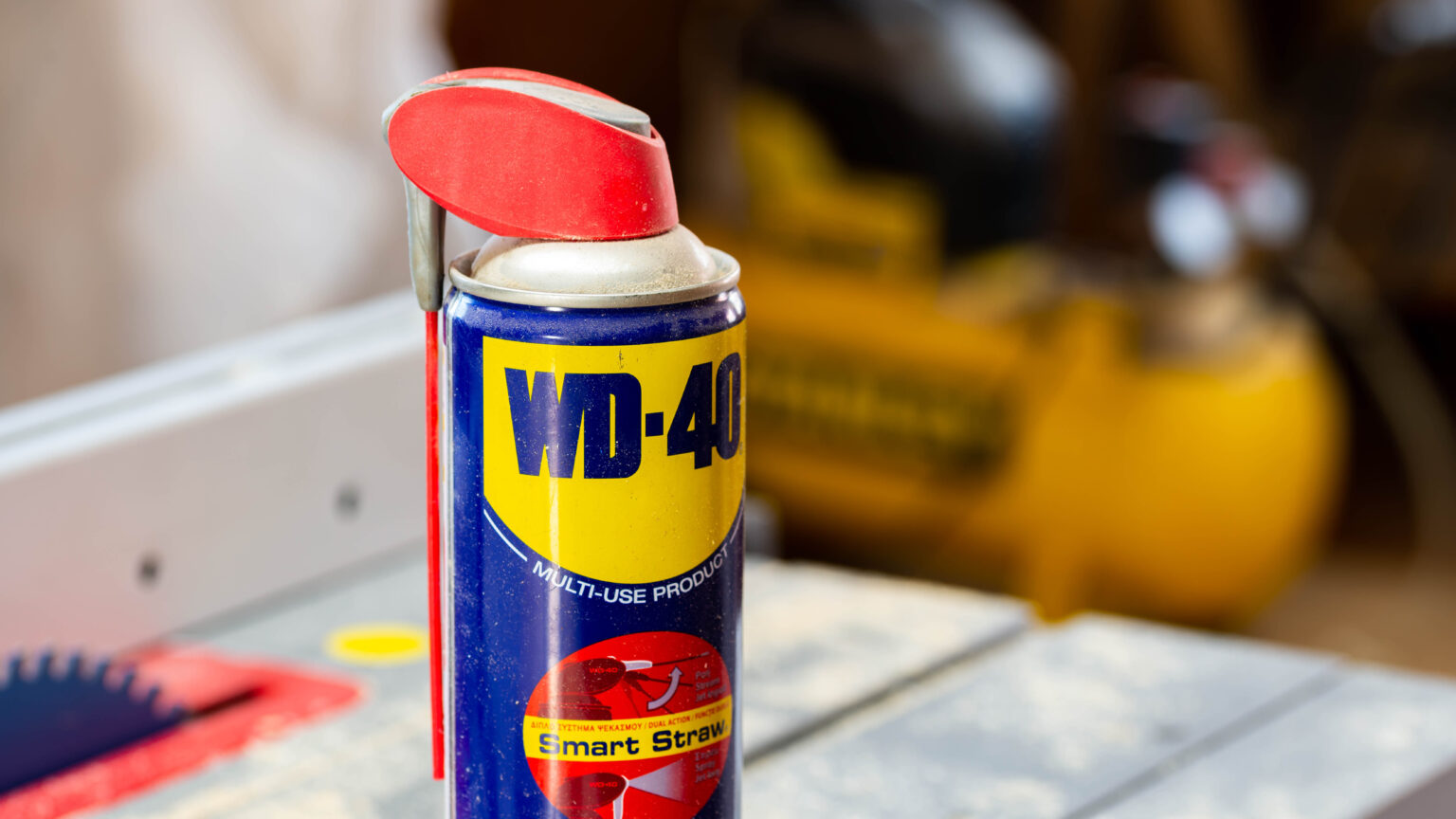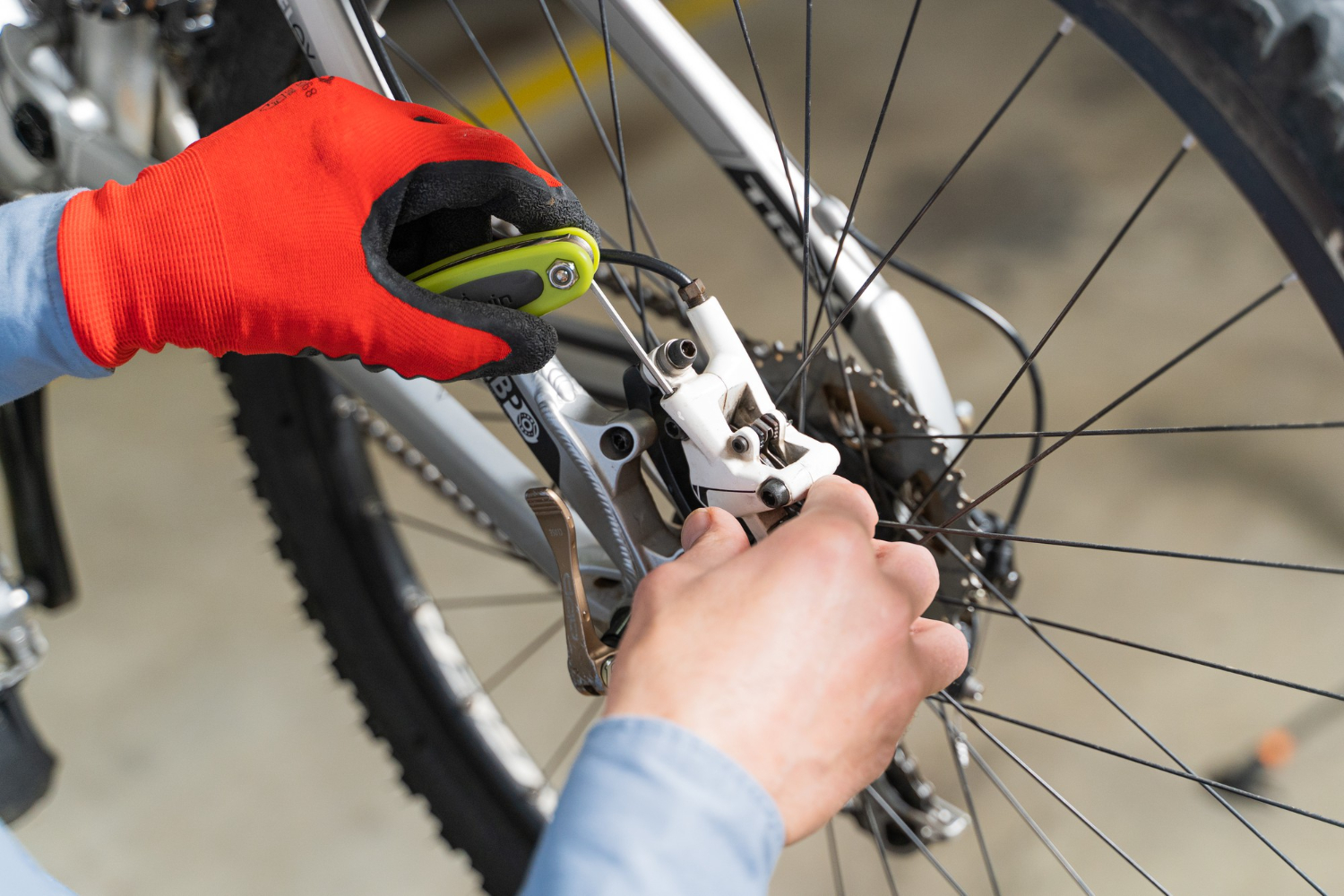Maintaining old brass shells is crucial for ensuring they function properly and last longer. Among the various cleaning products available, WD-40 often comes up as a potential solution. But can you use WD-40 on old brass shells?
In this blog post, we’ll explore this question in depth, offer practical tips, and provide alternative methods for cleaning your brass shells.
Table of Contents
ToggleThe Basics of WD-40
WD-40 is a widely-used household product known for its versatility. Originally developed as a water displacement formula, it has become popular for a variety of uses, from loosening rusty bolts to stopping squeaky hinges. Its availability and ease of use make it a go-to solution for many common problems.
Can You Use WD-40 on Old Brass Shells?
The answer is yes, you can use WD-40 on old brass shells. However, it’s essential to weigh the pros and cons before deciding if it’s the best option for your needs.
Benefits of Using WD-40 on Brass Shells
Ease of Use
Applying WD-40 is straightforward. Simply spray it onto the brass shells and wipe them down with a clean cloth. This ease of use makes it a convenient option for quick cleaning tasks.
Water Displacement
One of WD-40’s primary functions is to displace water. This feature is beneficial for brass shells as it helps prevent rust and corrosion, extending the lifespan of your shells.
Lubrication
WD-40 also offers lubrication benefits, which can be advantageous for the mechanisms that use brass shells. It helps reduce friction and wear, ensuring smoother operation.
Drawbacks of Using WD-40 on Brass Shells
Residue Build-Up
One of the significant drawbacks of using WD-40 is the potential for sticky residue build-up. Over time, this residue can attract dirt and grime, which may hinder the performance of your brass shells.
Gumming Over Time
WD-40 can gum up over time, leading to a sticky film that attracts dust and particles. This build-up can be challenging to remove and may affect the overall functionality of your brass shells.
Impact on Performance
Finally, the residue left by WD-40 can impact the performance of brass shells. The sticky film can cause issues with feeding and ejection, reducing the reliability of your equipment.
Alternative Methods for Cleaning Brass Shells
If you’re hesitant about using WD-40, several alternatives can effectively clean your brass shells without the associated drawbacks.
Brake Cleaner
Brake cleaner is highly effective at removing dirt and grime from brass shells. Its quick-drying properties ensure no residue is left behind, making it a popular choice among enthusiasts.
Isopropyl Alcohol
Isopropyl alcohol is another excellent alternative. It’s cheap, readily available, and evaporates quickly, leaving no residue. It’s a great option for those looking for a simple and effective cleaning solution.
Mineral Spirits
Mineral spirits are commonly used for cleaning metal surfaces. They effectively remove grease and grime without leaving a sticky residue, making them a viable option for cleaning brass shells.
Gun Cleaning Solvents
Gun cleaning solvents are specifically designed to clean and maintain firearm components, including brass shells. These solvents are formulated to remove fouling, carbon buildup, and other residues, ensuring your shells remain in optimal condition.
Step-by-Step Guide to Cleaning Brass Shells
Follow these steps to clean your brass shells effectively, regardless of the method you choose.
Gather Materials
Before you begin, gather all necessary materials. You’ll need:
- Cleaning solution (WD-40, brake cleaner, isopropyl alcohol, mineral spirits, or gun cleaning solvent)
- Clean cloths or rags
- Soft-bristle brush
- Protective gloves
- Safety glasses
Initial Inspection
Inspect each brass shell for any signs of damage or corrosion. Remove any debris or dirt with a soft-bristle brush before applying your chosen cleaning solution.
Cleaning Process
Using Brake Cleaner
- Spray the brake cleaner onto the brass shells.
- Wipe down each shell with a clean cloth.
- Allow the shells to air dry completely before use.
Using Isopropyl Alcohol
- Pour isopropyl alcohol into a container.
- Submerge the brass shells in the alcohol.
- Use a soft-bristle brush to scrub away any dirt or grime.
- Remove the shells and allow them to air dry.
Using Mineral Spirits
- Pour mineral spirits into a container.
- Submerge the brass shells in the solution.
- Use a soft-bristle brush to clean the shells.
- Remove the shells and wipe them dry with a clean cloth.
Using Gun Cleaning Solvents
- Apply the gun cleaning solvent to a clean cloth.
- Wipe down each brass shell thoroughly.
- Use a soft-bristle brush to remove any stubborn residue.
- Allow the shells to air dry.
Rinsing and Drying
Regardless of the cleaning method used, it’s essential to rinse and dry the brass shells thoroughly to avoid any residue. Use clean water to rinse the shells and a dry cloth to remove any excess moisture.
Safety Tips When Cleaning Brass Shells
Ventilation
Always work in a well-ventilated area to avoid inhaling any fumes from the cleaning solutions. Proper ventilation will help protect your respiratory health.
Protective Gear
Wear protective gloves and safety glasses to protect your skin and eyes from contact with the cleaning solutions. These precautions will help prevent any potential irritation or injury.
Disposal
Dispose of used cleaning materials properly. Follow local regulations for disposing of hazardous materials to ensure you’re not harming the environment.
Conclusion
Maintaining old brass shells is essential for ensuring their longevity and performance. While WD-40 can be used for cleaning, it’s important to consider the potential drawbacks. Alternative methods like brake cleaner, isopropyl alcohol, mineral spirits, and gun cleaning solvents offer effective solutions without the associated residue issues.
Regular maintenance and proper cleaning techniques will keep your brass shells in optimal condition, ensuring reliable performance. For more tips and guides on maintaining your equipment, explore our website.
FAQs
Is WD-40 Safe on Brass?
While WD-40 is safe to use on brass, it can leave a sticky residue that may attract dirt and impact performance. Considering alternatives may be a better option for long-term maintenance.
Does WD-40 Lubricate Metal?
Yes, WD-40 provides lubrication benefits. However, it’s primarily designed as a water displacer and may not be the best choice for long-term lubrication. Alternative lubricants specifically designed for metal may offer better results.









